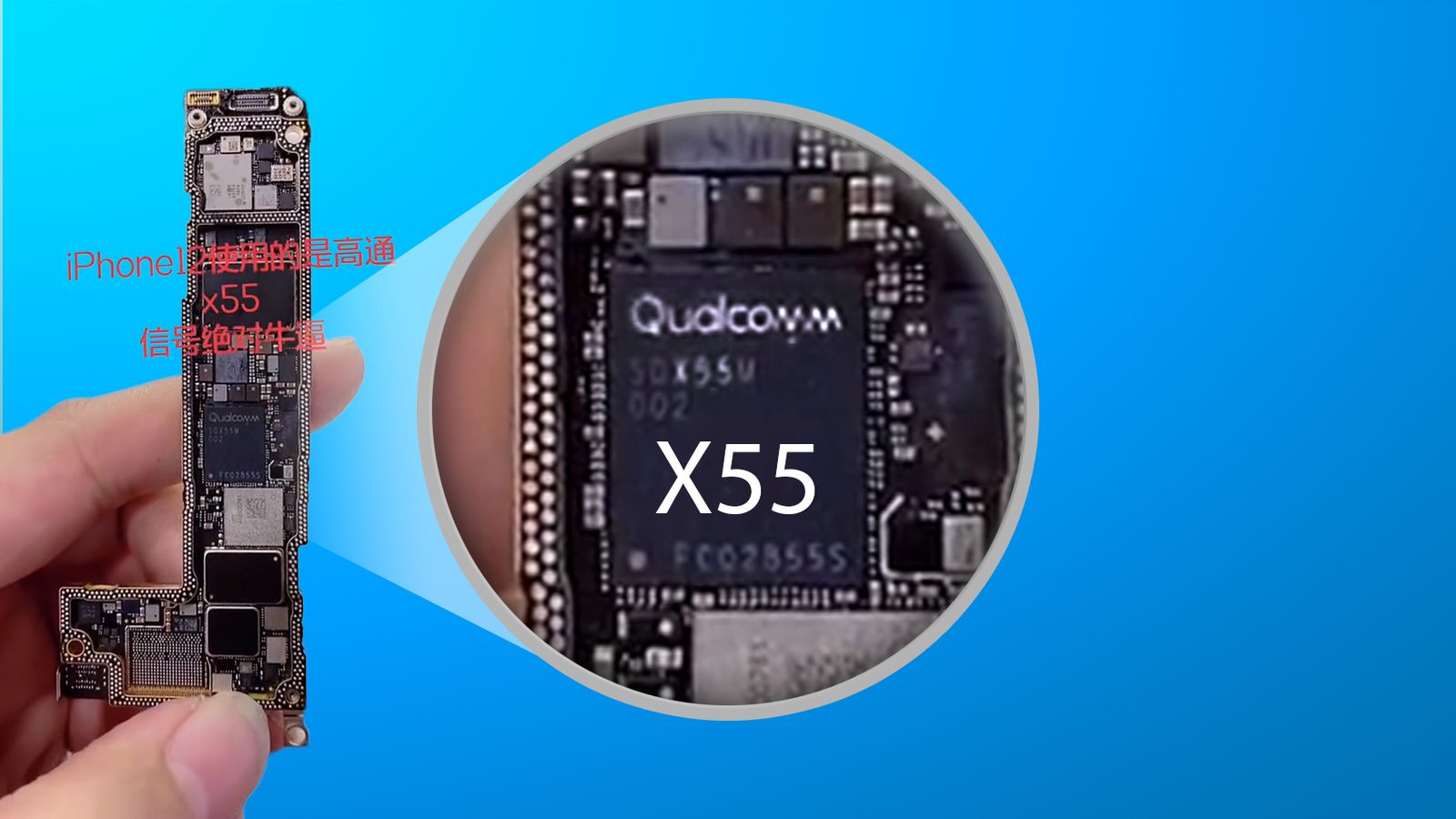According to Bloomberg, Apple is apparently attempting to design more chip components in-house, with the corporation reportedly constructing a new office with the goal of replacing components now sourced from Broadcom and Skyworks.
While the A-series and M-series SoCs, which contain the CPU and GPU for Apple’s iPhones and Macs, receive the most attention, there is a slew of other chips within those devices that handle power management, USB connectivity, wireless charging, and more. Skyworks and Broadcom offer a major chunk of the iPhone’s third-party circuitry, according to iFixit’s iPhone 13 pro deconstruction — pieces that Apple appears to prefer to design on its own to create more bespoke solutions for its hardware.
According to Bloomberg, the new office would first focus on “wireless radios, radio-frequency integrated circuits, and a wireless system-on-a-chip,” as well as “semiconductors for connecting to Bluetooth and Wi-Fi.”

Apple’s desire to develop more of its own processors could be motivated by more than simply a desire for greater control and hardware integration: it could also be motivated by a desire to improve part supply. Apple is already suffering the effects of the current worldwide chip shortage, with supply challenges for parts from vendors like Broadcom forcing the company to cut its manufacturing plans in October. If Apple can continue to work successfully with its manufacturing partners, building its own chips could help Apple relieve some of those challenges in the future.

The iPhone’s modem, which is now manufactured by Qualcomm, is one of the most visible examples of third-party chips (but had previously been the subject of a years-long legal battle that briefly saw Apple switch to using Intel parts). Apple has made no secret of its desire to develop its own 5G semiconductors rather than paying for Qualcomm’s: in 2019, the company paid $1 billion for Intel’s smartphone modem division, and it is expected to transition to its own in-house modems for the iPhone as early as 2023.


